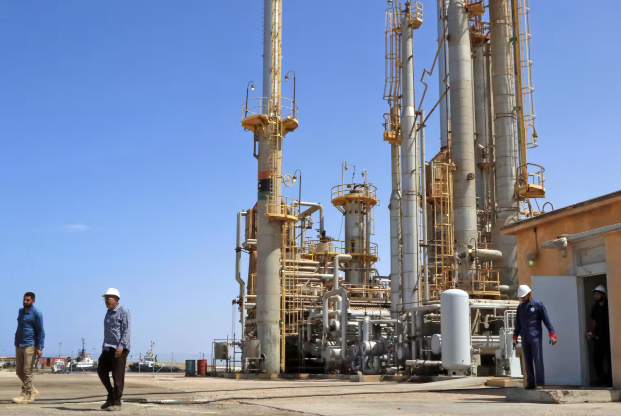Oil Prices Rise Amid Libya Central Bank Standoff, Supply Concerns

Oil prices have edged higher due to a standoff over the control of Libya’s central bank, which is disrupting the country’s oil production and limiting global supply. The ongoing political and financial turmoil in Libya, a key oil producer, is adding uncertainty to an already volatile energy market, pushing prices upward.
Libya’s Central Bank Dispute and Oil Supply
The conflict centers around competing factions vying for control of Libya’s central bank, which plays a crucial role in managing the country’s oil revenues. This power struggle has led to disruptions in oil production, as various groups have blocked key export terminals and oil fields. Libya’s oil output has been severely impacted, reducing the flow of crude to the global market at a time when supply concerns are already heightened due to other geopolitical factors.
Libya, home to Africa’s largest proven oil reserves, has seen its oil industry repeatedly disrupted by internal conflicts since the fall of Muammar Gaddafi in 2011. The latest standoff has exacerbated fears of further supply shortages, contributing to the rise in global oil prices.
Market Reactions and Global Implications
The increase in oil prices reflects broader concerns about global supply stability. With Libya’s production capabilities in flux, and ongoing challenges in other major oil-producing regions, traders are responding to the potential for tighter markets. Higher oil prices could have ripple effects across the global economy, influencing everything from transportation costs to inflation rates.
In addition to the situation in Libya, market watchers are keeping an eye on other key developments, including OPEC+ production decisions and U.S. shale output, which could further impact prices in the coming weeks.
As the standoff in Libya continues, the market remains on edge, with oil prices likely to remain sensitive to any developments that could either alleviate or exacerbate the supply constraints.





